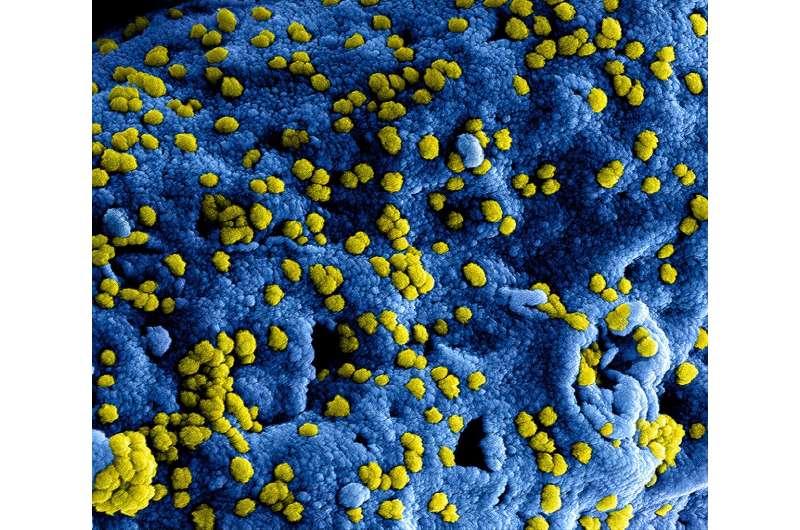New Evidence Suggests ALS May Be an Autoimmune Disease Driven by Immune Cells Attacking Nervous System Proteins

Recent research suggests that ALS may be an autoimmune disorder, with immune cells mistakenly attacking nervous system proteins. This discovery opens new avenues for targeted therapies and improves understanding of disease progression.
Amyotrophic lateral sclerosis (ALS), a devastating neurodegenerative disease, affects approximately 5,000 Americans each year. Traditionally considered a disease with largely unknown causes, recent research has shed light on its potential autoimmune nature. Studies conducted by scientists at La Jolla Institute for Immunology (LJI) and Columbia University Irving Medical Center have revealed that immune system dysregulation plays a significant role in ALS progression.
The researchers discovered that inflammatory immune cells, specifically CD4+ T cells, mistakenly target key proteins within the nervous system—most notably a protein called C9orf72, which is expressed in neurons. This misguided attack resembles the autoimmune response seen in diseases like multiple sclerosis, where the body's immune system turns against its own tissues. The presence of these autoreactive T cells suggests that ALS might be driven by an autoimmune mechanism.
Professor Alessandro Sette from LJI explained, "This is the first clear evidence that in people with ALS, the immune system erroneously targets proteins associated with the disease." Meanwhile, Professor David Sulzer from Columbia added, "The autoimmune component we have identified helps explain the disease's rapid progression and opens new avenues for treatment development."
Remarkably, the study identified two distinct patient groups based on their immune response. One group exhibited quick inflammatory responses from CD4+ T cells recognizing C9orf72, correlating with shorter survival times. The second group, however, had higher levels of anti-inflammatory T cells, which appeared to regulate harmful immune responses and were associated with longer expected survival. This finding highlights the immune system's dual role in disease progression and potential for therapeutic intervention.
Looking ahead, scientists suggest that future ALS treatments could focus on enhancing protective T cell responses while suppressing harmful inflammation. Such strategies might slow disease progression and improve patient outcomes. This research not only advances our understanding of ALS but also aligns with a growing field of neuroimmunology, where immune system involvement in neurodegenerative diseases is increasingly recognized.
Recent discoveries from the Sette Lab have also linked autoimmunity to Parkinson's disease, indicating that immune dysregulation may be a common feature across neurodegenerative disorders. As Professor Sette notes, "Immune cell involvement in neurodegeneration is becoming the norm rather than the exception." The findings from this study were published in the journal Nature and could pave the way for innovative immune-targeted therapies for ALS and other neurological diseases.
Stay Updated with Mia's Feed
Get the latest health & wellness insights delivered straight to your inbox.
Related Articles
UK Court Dismisses Pfizer and BioNTech's Appeal in COVID-19 Patent Dispute
Pfizer and BioNTech face a legal setback as the UK Court of Appeal upholds a patent ruling favoring Moderna in their ongoing COVID-19 vaccine patent dispute. The decision has major implications for biotech patent rights and vaccine development.
Urgent Need to Strengthen Canada's Oncology Workforce Amid Advanced Cancer Treatments
Canada faces the urgent need to expand and adapt its oncology workforce to meet the rising demands of advanced cancer treatments and improved survival rates. Experts highlight strategies for sustainable, high-quality cancer care amid ongoing advances.
Rising Trend of At-Home Births Among Expecting Mothers Revealed in New Research
New research reveals an increasing number of expecting mothers opting for at-home births, prompting discussions on safety, healthcare access, and maternal choices. Learn about the latest trends and their implications for maternal and neonatal health.
At-Home Monitoring Significantly Reduces Hospital Visits for Children with Asthma
Remote at-home monitoring for children with asthma can cut emergency visits and hospitalizations by nearly half, improving symptom control and overall health outcomes.



